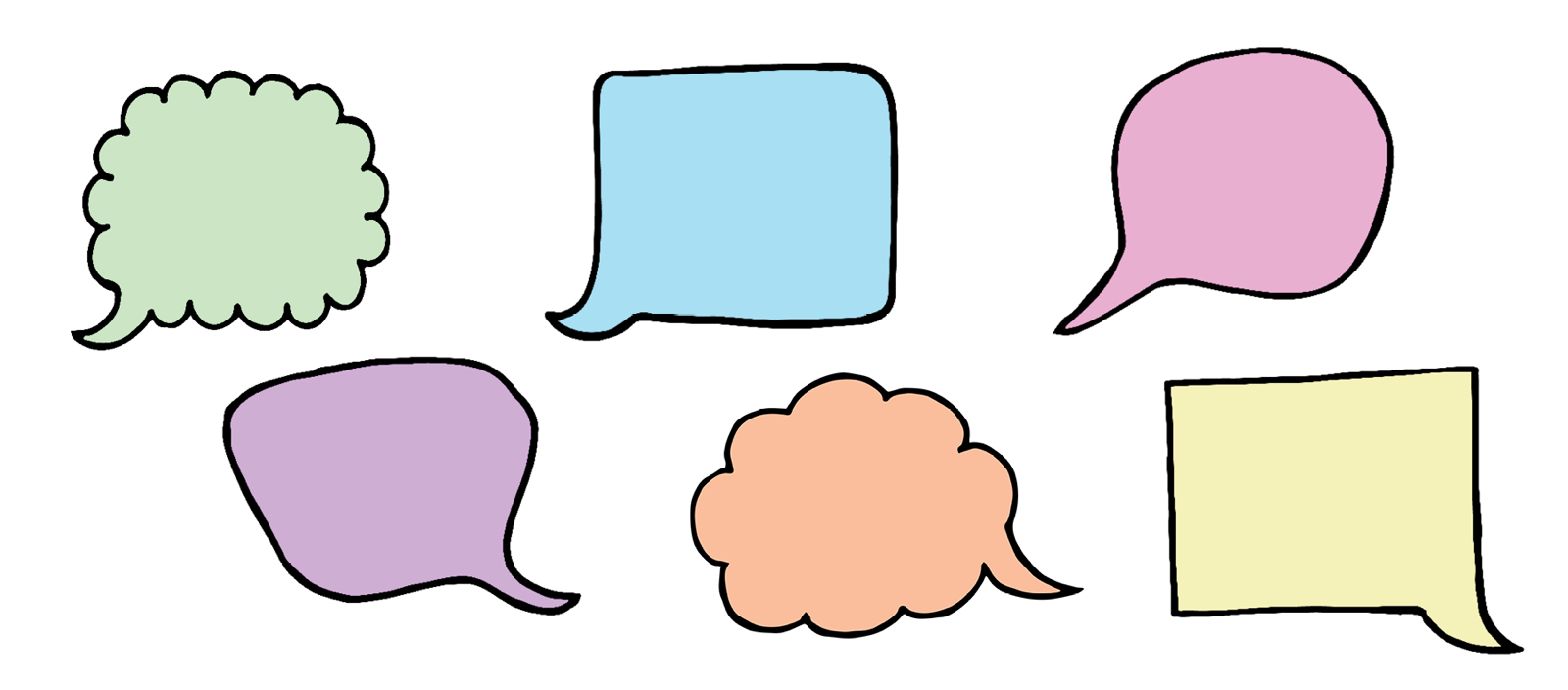Content warning: This article discusses racism and police violence.
Hi.
I hope you’re not wondering why I wrote this. I hope you know this conversation needs to be had.
You feel a little awkward. That’s okay—this is a hard conversation. You’re not sure of the space you should be taking up. You’ve probably started many times, maybe even posted snippets about it on Twitter. But you’re not sure what you’re supposed to be doing, and besides, you’ve got things to do—other things. How much longer is this going to take?
I’ve been there—I’m still there. I’d be worried if I ever felt complete confidence I was doing enough to be anti-racist. When I feel comfortable, I am complicit in upholding racism because I do not challenge it. I no longer want to be complicit.
So I’m admitting it—I’m not doing enough to advocate for racial justice. I don’t know you, but my best guess is you’re not, either. Many of us who are white are just beginning to engage in serious conversations about what complete racial justice looks like, and to understand the pervasiveness of discrimination in our society. These conversations have been easy to avoid, and have felt more comfortable not to have. I hope together, we can take a step in the right direction.
To do so, we have to talk honestly about race, about how we talk about race, about how we, white people, can listen to people of color. We have to hold ourselves accountable and be active anti-racists rather than obstacles.
Speaking out against racism is more than an action. It is a process of recognizing the ways in which white people contribute to and benefit from institutional and societal racism. It is a process of realizing feeling guilty is a privilege—that Black people and other people of color have been living with the effects of this racism for their entire lives.
Our systems of power are somewhat unintelligible to those of us who benefit. White people do not know what racism feels like, and take this as an excuse to stay static. Corrupted systems exist everywhere: in education, in financial institutions, in hiring processes, in your own social circle. We do not see it because we do not have to. We do not see it because we are not shot sleeping in our beds. We do not see it because we are not denied loans when our name is seen on a form. We do not see it because we are not forcibly pushed into the easier classes, told to strive for the lowest rung on the ladder. We do not see it because we are not systematically killed by the people meant to protect us. We do not see it because when we leave the house every day, we do not have to think about race.
We do not see the realities of Black America, so we do not speak out.
This inability and unwillingness to perceive race is yet another manifestation of our direct involvement in these same racist structures. We benefit from the discrimination faced by people of color, and we allow negligence for Black life.
This is hard to admit. We do not want to believe that we have been helped by the bigotry we pay lip service to decrying, that our achievements are not ours alone.
This is why the first thing I ask is simple.
Say it with me: I am privileged.
The words should tumble like blocks out of your mouth. It is an admission of a strange guilt—a type of bragging you want no part of. It is the truth. I have privilege that comes from whiteness. Because of that, it does not cost me anything when I do not dismantle racist structures.
That was important, but it was not the same as acting. Let’s move on to that.
We, as white people, have three possible responses to the racist structures in which we live. First, we can benefit from them and reinforce them actively. Reinforcing racist structures looks like advocating for policies that exclude people of color from spaces, and creating policies, like stop-and-frisk laws, whose effects, whether intentional or not, are discriminatory. We can also either benefit from these structures and do nothing (reinforcing them in an implicit, but still prevalent way), or benefit from them while actively working against them. Note that there is not an option where white people don’t benefit. Changing the system does not erase your privilege. We do not speak out against racism to absolve our guilt.
Inaction equals complicity to racism. This is where many of us are— we only challenge the system on good days or when it feels comfortable to do so. We might hear a racist joke, and we do not laugh, but we also do not chastise. A classmate might make a disparaging comment about Black culture, and we sit on our hands. We allow ourselves the comforts of maintaining an unequal system. We say it is how it has always been without acknowledging the historical implications of this statement, the definitional linkage between norms and injustice. We do not impose a cost on those around us who reinforce the structures.
I am trying. I am trying to make it cost something for people to stay silent around me. I can charge them in social capital, in comfort, in my friendship or respect; I can cost them the good opinions of those around me. It is one of the ways that I, a white person who occupies predominantly white spaces, can effect change. I am failing many days. I don’t say this to ask for anyone’s forgiveness. I want to learn from myself the same way I want to keep learning from everyone around me.
A few weeks ago, I was in an Uber coming back from a Black Lives Matter protest. It had taken twenty minutes to find a rideshare, and my phone was dying. We were five miles away.
So I didn’t say anything when my driver defended the police. I didn’t say anything when she called the peaceful protest I had just left a “riot.” I told myself I couldn’t, because I needed to get home.
Being complicit can be that simple.
Yes, I did need to get home. But she wasn’t going to kick me out of the car, and I knew that. I decided, in that moment, that it wasn’t worth the discomfort to speak up. I allowed her to share ideas I knew were both discriminatory and misguided, and I abdicated my responsibility to educate when possible. Rather than changing a mind or at least creating discomfort, I allowed her to think her beliefs were accepted by me, and that they should continue to be spread.
We face these decisions every day. I hope most days I make the right one, that most days I pull my voice from my chest and I educate. I hope some days I get out of the car entirely.
***
Resisting and dismantling racism is, by definition, confronting existing power structures in politics, our educational institutions, and our laws. These structures are entrenched and insidious. It should not feel simple or effortless to fight them. It does not end after one action.
The place of white people in resisting racism is primarily to listen to people of color and to follow. We must help facilitate spaces where we can listen, where we can hear what needs to be done and how we can take up the fight. We must show up to marches and protests when asked, donate to causes aiding the movement, and support Black, Indigenous and people of color leading conversations and movements around racial justice. It is not our cause to champion.
We must also realize that constantly expecting Black people and people of color to speak out against racism is draining, and step in when we can. We must continue to educate ourselves on the history and current impacts of racism without relying on people of color to recount trauma or prove to us that racism exists. Then, we too can push back against racism and call for conversations to be had in the spaces we occupy.
We can use our privilege to take control in our institutions, to insist they create space for and uplift people of color. These spaces should not only be created in politics, but in our friend groups, our households, our workplaces, our neighborhoods. Racism has historically been manifested through excluding people of color from any space. Ask yourself if the spaces you occupy are welcoming and diverse, if you encourage people of color, and Black people especially, to not only be present, but to be vocal leaders. Examine the ways in which your “open” spaces express unintentional discrimination, and who they are designed for. Who do you ask to join? What does success in that space look like, and how is it linked with whiteness? What is valued, what is legitimate, and where does that legitimacy come from?
Ultimately, speaking out against racism is more than completing a social media challenge. It means speaking up where your voice is needed in meaningful ways.
Maybe all of this feels possible now. People are sharing posts that you can share, telling you where to shop to support Black businesses, and sending you links to donations. They are explicitly telling you how to best support them (this is very nice of them). But it will not always be so easy.
Fighting racism is not like going for a run. We do not get to feel comfortable in our actions, we do not get to feel we have earned relaxation and time off. We get enough to recharge—that is it. The work, in fact, is not over, and when we walk away from it we are once again complicit.
This may seem like an overwhelming commitment, especially if you have been waiting for things to “get back to normal.” You will have bad days. You will have days when you stay silent, when you fall back into complicity like a warm blanket. Learn from them. Remember people of color often cannot afford to have bad days or take a week off; remember these days too, are a privilege.
And then remember this urgency to address racial injustice is not about us benefiting. It is not about our newfound pain and embarrassment for our part in the system, or the uncomfortable guilt that settled in our stomachs somewhere around the tenth line of this piece. It is not about how our contributions to movements like Black Lives Matter will help us; it is not about our efforts being seen.
It is about our efforts being felt, and what the movement can get out of us. We are here to support, and it is our responsibility to support in a way that is an asset to the movement.
After all, there is so much work to be done.
Let’s talk.
Annemarie
Image Credit: Liv Stevens






